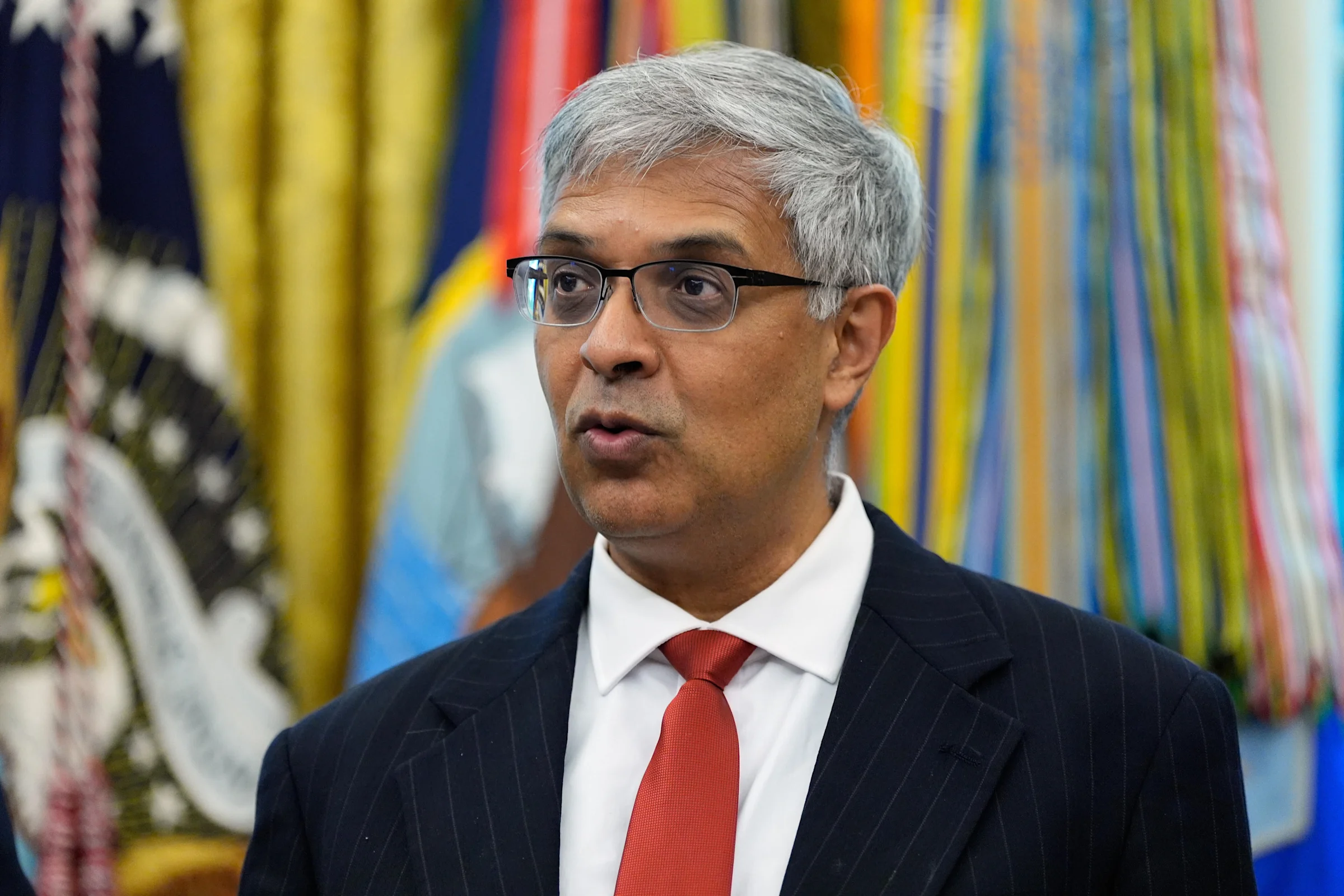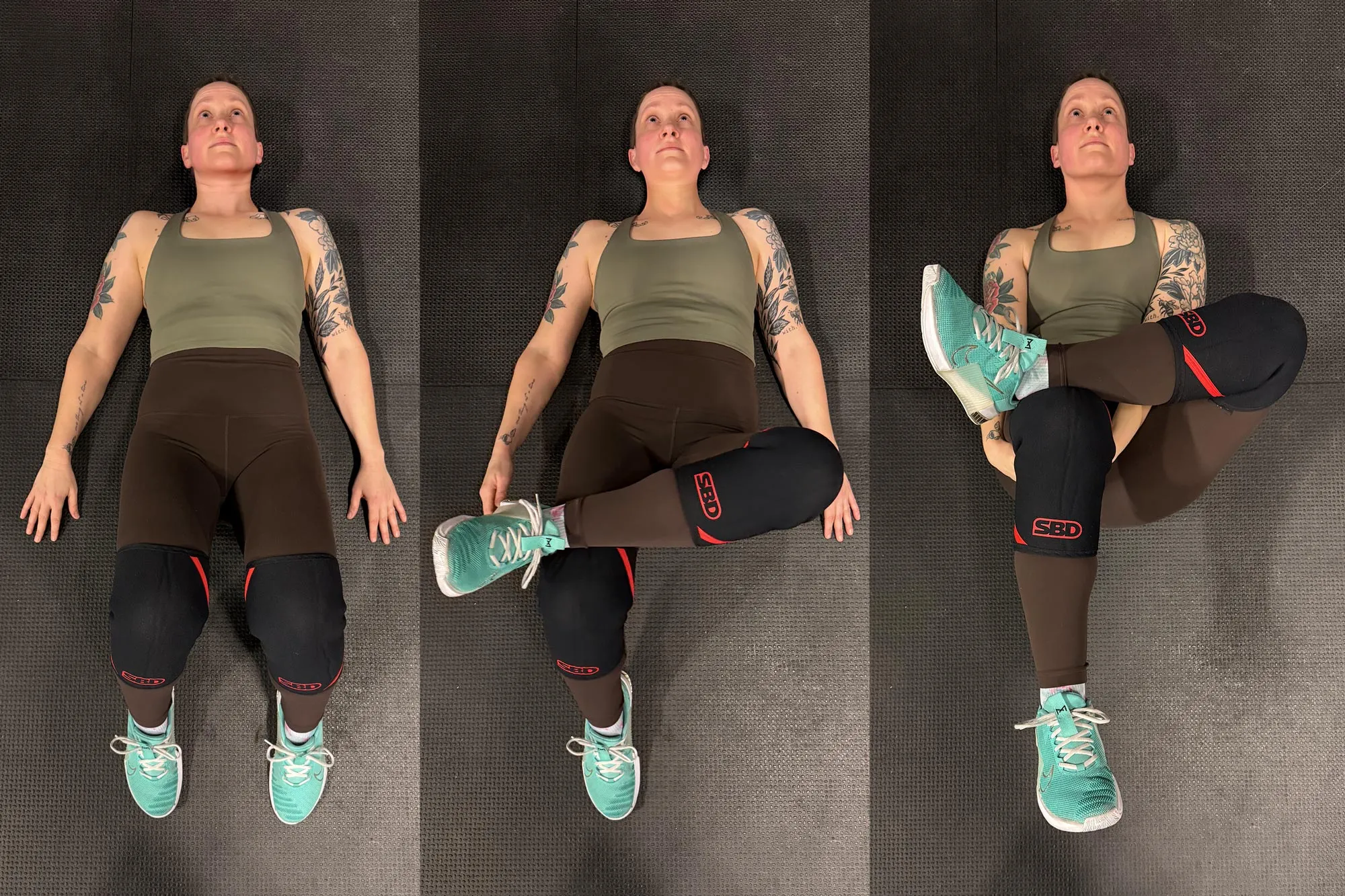A new clinical study published in JAMA has revealed that a prescription drug approved by the U.S. Food and Drug Administration (FDA) can help teens and young adults quit vaping at much higher rates. The drug, varenicline, originally approved to help adults stop smoking, was found to triple the chances of quitting nicotine vaping among people aged 16 to 25.
The research was conducted by scientists at Massachusetts General Hospital (MGH) and funded by the National Institutes of Health (NIH). The findings offer the first strong evidence that a medication, when combined with counseling and digital support, can help young people stop using e-cigarettes.
A Proven Tool in the Fight Against Youth Vaping
In the randomized trial, 261 participants who vaped nearly every day were divided into three groups. One group received varenicline along with weekly behavioral counseling and access to a text-based program called This is Quitting. Another group received the same support but a placebo pill instead. The third group used only the text program.
After 12 weeks, 51% of the varenicline group had quit vaping. Only 14% in the placebo group and 6% in the text-only group achieved the same result.
“Vaping is extremely popular among kids, and we know that this early nicotine exposure can make drugs like cocaine more addictive down the line, yet ours is the first treatment study to look at this vulnerable population,” said Dr. A. Eden Evins, who led the study and directs the Center for Addiction Medicine at MGH. “We wanted to help teens and young adults quit, and we found that prescribing varenicline is the best way to do that.”
How the Drug Works
Varenicline works by blocking nicotine’s effects in the brain. It helps reduce cravings and lowers the pleasure people get from vaping. While it has been effective in helping adults quit smoking, until now it wasn’t clear whether it could help young vapers too.
This study fills that gap. Every participant’s progress was tracked weekly and confirmed using saliva tests that detect cotinine, a substance that shows nicotine use.
Three months after the treatment ended, 28% of varenicline users remained vape-free. That compared to 7% in the placebo group and 4% in the text-only group.
“Not only was varenicline effective in this age group—it was safe. Crucially, we didn’t see any participants that quit vaping turn to cigarettes,” said Dr. Randi Schuster, founding director of the Center for School Behavioral Health at MGH.
A Legal and Accessible Option
Vaping has grown rapidly among teenagers and young adults in the United States. In 2023, about 1 in 4 young adults reported vaping. Among high school students, nearly 8% said they used e-cigarettes in 2024. Vapes are small, easy to hide, and can be used discreetly. But they carry serious health risks, including nicotine addiction and lung damage.
For teens who want to quit, there have been few proven tools. This study may change that. Varenicline is already approved for adult use, and doctors can legally prescribe it to people aged 16 and older.
In the trial, only three participants stopped taking the drug because of side effects—two in the varenicline group and one in the placebo group. Most people tolerated it well.
Why This Study Matters
Health experts say this is a big step forward in treating nicotine addiction in young people.
The study not only shows that varenicline works, but that pairing it with counseling and digital tools like This is Quitting makes the results even better. Many teens who vape want to quit but don’t know where to start. This research offers them a clear, tested option.
The results also help public health workers and doctors. Now, they have evidence that can support their recommendations when helping young people quit vaping.
The researchers hope to expand the study. Future plans include testing the treatment on younger teens and those who use both vapes and regular cigarettes.
“Vaping is extremely popular among kids, and we know that this early nicotine exposure can make drugs like cocaine more addictive down the line,” said Dr. Evins. “We wanted to help teens and young adults quit, and we found that prescribing varenicline is the best way to do that.”
A Science-Backed Path to Quitting
This study arrives at a critical time. With so many teens using vapes and struggling to quit, finding a solution backed by science is essential. It’s not just about reducing nicotine use. It’s about protecting the health and future of young people.
“Behavioral therapy alone helped some people, and a text-based support program gave users encouragement,” said the researchers. “But when these supports were paired with medication, success rates soared.”
Young people now have a real reason to hope. With the right tools—safe, legal, and science-based—they can break free from nicotine addiction.







